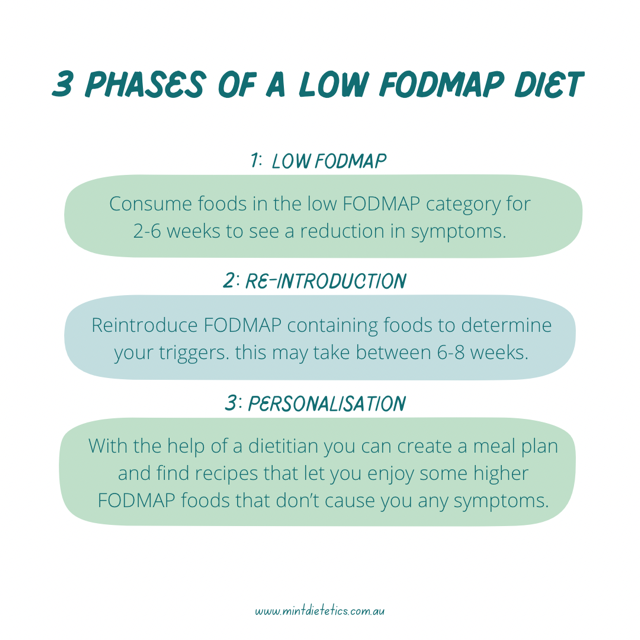Foods To Avoid When You Have Endometriosis
- Jenny Jacobs

- Sep 16, 2021
- 2 min read

If you are experiencing abdominal cramping during periods, bloating, or constipation due to endometriosis you may not have thought about changing up your diet to manage these symptoms. Gluten, alcohol, caffeine, sugar, and processed foods are all concerning for women with endometriosis. But do not worry, although changing up your diet can be confusing and there is plenty of varying information out there, I am here to break it down for you.
Have you heard of FODMAP?
It stands for fermentable oligosaccharides, disaccharides, monosaccharides, and polyols (which are small-chain carbohydrates that are found naturally in fruit and vegetables or added to packaged foods). That is quite a mouthful, let’s just stick to FODMAP. This diet was created by Monash University in Victoria. It involves reducing the amount of carbohydrates and therefore reducing the water that is being absorbed into the large intestine and the painful bloating that it causes. Fodmaps have been known to cause some symptoms of endometriosis such as diarrhoea, bloating, pain, and constipation which severely limits your quality of life and can increase stress. A low FODMAP diet has been shown to improve bowel symptoms after just 4 weeks.
Other Problematic Foods
Gluten
Gluten is a protein found in grain and wheat which commonly causes symptoms of pain, bloating and diarrhea due to a gluten intolerance. In individuals with a gluten sensitivity, gluten can cause reduced vitamin and mineral absorption as well as inflammation. A study in 2012 found that after 12 months on a gluten free diet, women with endometriosis experienced a significant decrease in their painful symptoms.
Alcohol
Alcohol may cause an increase in estrogen levels in the body however further research is needed to determine if alcohol increases the risk of endometriosis. Increased estrogen plays a role in the growth of uterine lining tissue growing around the body causing endometriosis symptoms. Alcohol may also increase menstruation symptoms.
Caffeine
A link between increased risk of endometriosis and caffeine intake is not clear. However, caffeine and alcohol have similar risks as both may increase estrogen levels. You may choose to limit caffeine intake to avoid unnecessary increased risk.
Sugar and Processed Meat
Sugar is no one’s best friend even though we wish it were. Especially added sugars in processed foods including soft drinks can increase inflammation in the body. As for processed meats or meat products, these commonly have added hormones that are linked to the hormone imbalances experienced in endometriosis. Choosing plain (not marinated), certified organic, grass fed or labelled ‘no antibiotics or added growth hormones’, can help you decrease added hormone consumption whilst still getting all the nutritional benefits from meat.
While the cause of endometriosis is unknown, you do not have to put up with the painful symptoms. Keeping a balanced diet can be difficult when you are told not to eat certain foods or food groups. With the help of a dietitian, you can start living with endometriosis and improve your quality of life.


%20-%202025-01-10T222601_189.png)



Comments